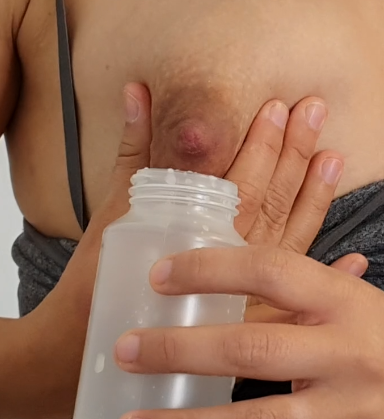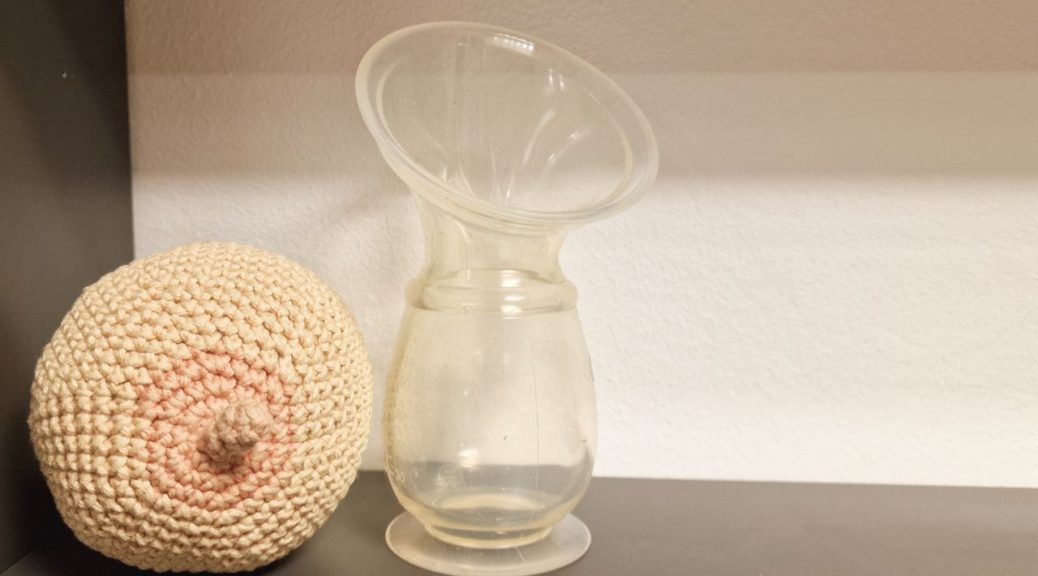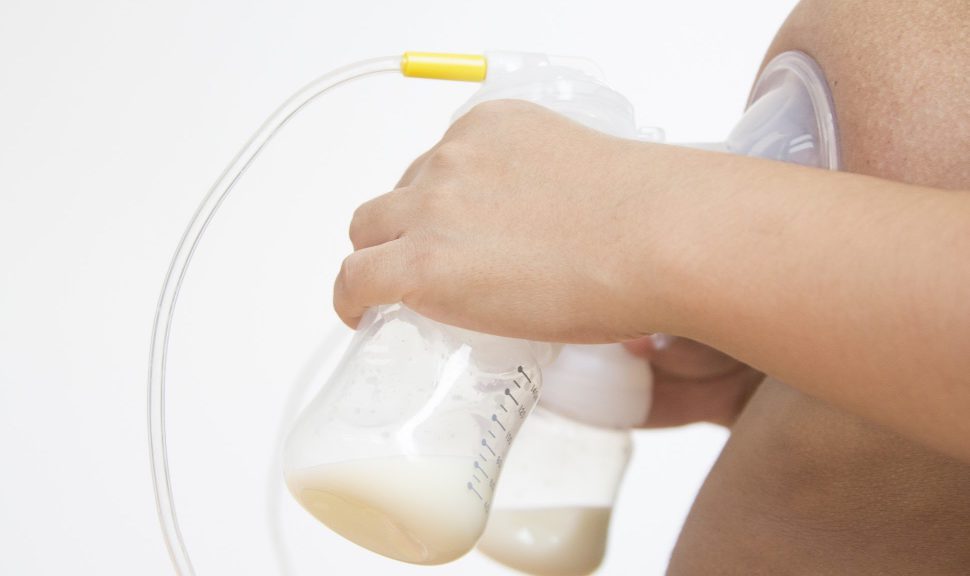My baby fights breastfeeding
It often happens that a mother, at some point during her breastfeeding journey, feels that her baby fights breastfeeding. This is a behavior of breastfeeding babies that can be found very often, and here we will try to answer all questions that can come up so you can be prepared for it or find out what is going on. What does it mean a baby fights breastfeeding? Suddenly, babies don’t nurse as they used to anymore; they seem to want…









